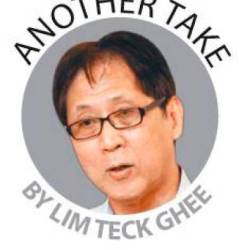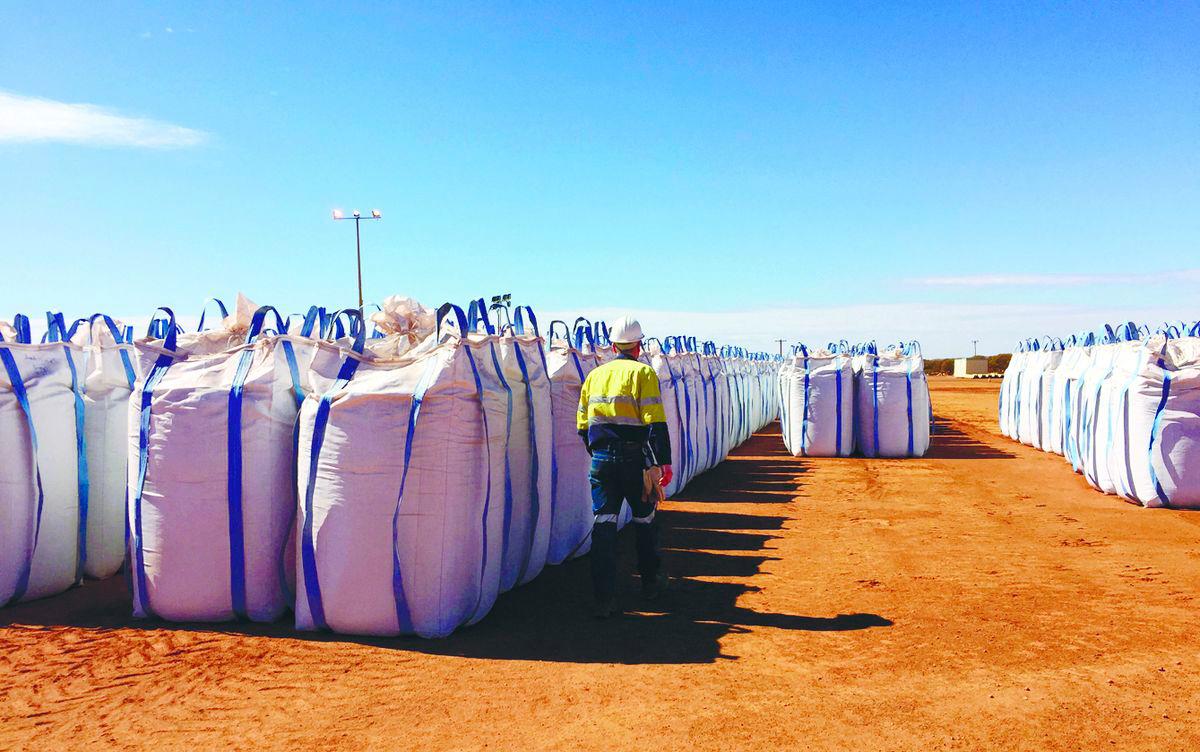THE official statements from the United States and China that emerged from their trade talks in London recently were notable for the absence of direct mention to the rare earths issue which appears increasingly the subject of most concern to the Trump administration in what is turning out to be a protracted negotiation process.
It was left to President Donald Trump to articulate this in his social media platform where he provided his assessment of the two-day marathon discussions designed, in the words of the US Commerce Secretary Howard Lutnick, to put “meat on the bones” of the agreement reached in Geneva to ease bilateral retaliatory tariffs that had reached triple-digit levels.
Immediately following the end of the London meeting, Trump proclaimed on Truth Social in a message that was aimed perhaps more at the Chinese leadership than at his American audience:
Our deal with China is done, subject to final approval with President Xi and me. Full magnets, and any necessary rare earths, will be supplied, up front, by China. Likewise, we will provide to China what was agreed to ... relationship is excellent! Thank you for your attention to this matter!
In the first negotiation meeting, the two sides had agreed to drastically roll back tariffs on each other’s goods for an initial 90-day period.
There was optimism that this could provide at least a truce to the tariff war begun by Trump. However, sentiment soured quickly over two sticking points: the US ramping up further measures to block China’s access to semiconductor technology; and China’s retaliation by tightening control over rare earths minerals.
Rare earths are the one card which China holds that may well prove to be decisive in not only determining the outcome of the negotiations over the wide range of trade and other economic issues being discussed between the two countries.
It may also provide the most strategic and important tool for China to protect its position in the geopolitical rivalry between the two nations as well as with other nations that are allied with the US anti-China drive.
It was (China’s former paramount leader) Deng Xiaoping who famously recognised the importance of rare earths to China, stating in 1992 during a visit to Baotou, one of China’s largest rare earth mines, that “the Middle East has oil, China has rare earths.”
This statement underscored his vision for China’s strategic advantage and future economic and technological development. Deng’s perspective on rare earths has since been reinforced by every Chinese leader after him, and especially by President Xi Jinping today. This perspective arises from the following considerations:
Strategic resource: Deng viewed rare earths as a critical resource akin to oil through its strategic significance for national development and global influence.
Economic leverage: He recognised their potential to drive economic growth and provide China with significant leverage in international trade and negotiations due to their indispensability in advanced technologies.
Technological advancement: Deng saw rare earths as crucial for developing high-tech industries, which were central to his plans for modernising China. Since his time, these elements have been developed to become vital components in a vast array of modern technologies, from electronics (smartphones, computers) and clean energy (wind turbines, electric vehicles) to defence systems (missiles, precision-guided munitions).
Reserves: China possesses a significant portion of the world’s rare earth reserves. Deng’s vision was to fully exploit this natural endowment to achieve a leading position in the global rare earth industry – not just in mining but also in processing and manufacturing finished products.
Since then, this investment has paid off with Chinese producers having a significant cost advantage and a near-monopoly on global rare earth processing capacity.
For now, although China currently controls only 60% of global mining production, it has a 90% share of processing. This includes the crucial step of separating rare earths from other minerals. Furthermore, China has near-total control over the supply of heavy rare earths vital for high-performance magnets and other advanced technologies.
These strategic considerations are increasingly being bolstered by export and licensing controls. Recent restrictions target heavy rare earths (e.g. dysprosium, terbium) critical for defence and green tech, and have been framed by China as balancing environmental security and economic needs.
In fact, China is following the example of the US which, since 2019 beginning with the bans on Huawei and ZTE, has implemented a comprehensive and escalating series of controls and bans on Chinese technology and businesses.
These measures under the guise of national security concerns have targeted key businesses and sectors and are aimed at impeding China’s technological and economic advancement, particularly in areas deemed to have potential military and strategic economic advantage.
Before the tariff war, the Chinese response to the US and allies weaponising of trade for strategic goals can be assessed to be slow and ultra cautious for fear of disrupting the country’s economic relations with its major export markets.
Thus China has pointed out that its management and utilisation of exports strictly adhere to international trade rules and market principles and reflect the country’s commitment to a responsible approach in global affairs.
China has also been at pains to emphasise that it upholds the concept of open cooperation and mutual benefit and that its geopolitical strategy is aligned with the principles of peace, development, cooperation and mutual benefit, so as to build a shared future for mankind.
Now that the gloves have come off with the launch of the tariff war and other forms of economic sanctions and barriers against it, it is not surprising to see China leverage its dominant position in the rare earth industry for it to be an even more formidable geopolitical tool to be deployed against the US and its allies.
There is a truism that quantity has a quality of its own in any war. With rare earths, China has both quantity and quality. But it is exercising patience and restraint in exercising it.










